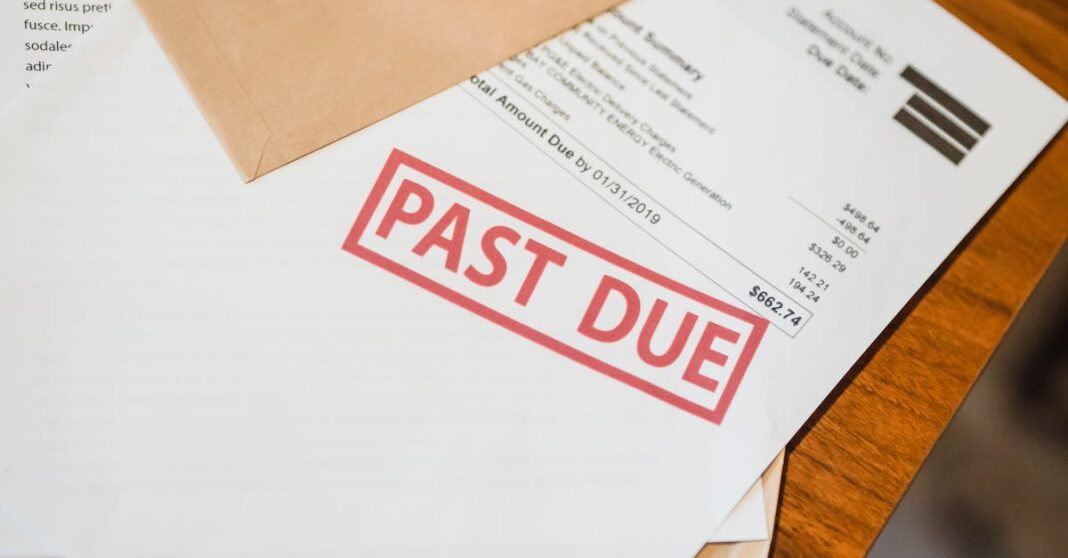When in debt and filing a claim, don’t worry anymore. There are many effective ways to help yourself get back on your feet financially so you do not have to file for bankruptcy. If you are ready to consider alternatives to a bankruptcy filing, the advice presented here may help.
You should look into and understand which debts are eligible to be written-off under bankruptcy. There are certain loans, such as student loans, that do not qualify. By understanding which debts you can write-off, you can make a better decision when trying to figure out if bankruptcy is the right choice for you.
Do not get an attorney for your bankruptcy when you are feeling overwhelmed. You have got to be levelheaded when you hire a lawyer. After all, you will be expected to pay him/her for services. Find out upfront what you will have to pay any lawyer before you hire one.
Don’t let bill collectors convince you that you are ineligible for bankruptcy. Debt collectors do not want you to file bankruptcy under any circumstances because it means that they will not get the money you owe them, so they will always tell you that you do not qualify when given the chance. The only way to truly know if you qualify is to do some research or speak with a bankruptcy attorney.
If you can, keep some of your debt out of your bankruptcy. Work on paying down this debt yourself, or especially if you can negotiate a lower rate or new payment terms. This will help to preserve your credit rating, to some extent, because bankruptcy itself will do a number on your score.
If you have filed for Chapter 13 bankruptcy, but realize that you are unable to meet your payment obligations, you may be able to convert to a Chapter 7 bankruptcy instead. To qualify for the conversion, you must never have converted your bankruptcy before and also undergo a financial evaluation. The laws surrounding this process are always changing, so be sure to talk with an attorney who can help you navigate this process.
Locate an online support forum for those who have filed for bankruptcy. This way, you can ask other people questions and find out things that you may not know. There are a lot of forums on the internet, but there are also, some offline groups you can join, if you prefer being offline. Because these people know what you’re going through, they can make you feel better about the situation.
Think carefully before filing Chapter 7 bankruptcy. While Chapter 7 bankruptcy (irreversible insolvency) will effectively get rid of all your debts, allowing you to start afresh, it will also be on your credit report for 10 years. This will greatly reduce your chances of getting any type of credit in the future. Consult with a bankruptcy attorney – he or she may be able to suggest a different form of debt relief that won’t have such a damaging effect on your credit.
Look into proper timing. You can keep your tax refund even when filing bankruptcy. You have to time it just right to do so. Wait until after your tax form has been processed, and you have received your tax return. One of the sneakiest things that a trustee does is to take an income tax return that debtors rely on. Waiting can keep that money in your pocket.
You can change your Chapter 13 bankruptcy payments in certain situations. While your payment amount will be set up for 3 to 5 years, if there is a change in your situation, you may be able to amend it. A decrease in income, such as, a pay cut, or a sudden increase in expenses, such as, a medical condition, may allow you to amend your monthly payments. You may be able to reduce the payment accordingly, or in some cases, suspend your payment for a certain amount of time.
Make sure to comply with the educational requirements for bankruptcy. You have to meet with an approved credit counselor within the six months before you file. You have to take an approved financial management course. If you don’t take these courses in time, the court will dismiss your bankruptcy.
Ask close friends, and family members if they can get you out of a financial bind. This is a good way to avoid bankruptcy, and hurting your credit score. Just make sure that you have every intention of paying them back. Devise a budget plan, with them. Pay them off every month just like a bill if you have to.
Proper planning is the best place to start. If it’s possible to get some more time to pay your bills, take it. The important thing is to take steps to avoid bankruptcy. Now come up with a plan and put yourself in a good position going forward.



